LIVING ON THE EDGE OF SOCIETYThey spent time identifying areas where the most marginalised Dalit communities live, these include the Musahar, Charmar, Maha and Paswan. These communities live on the edge of society. With nowhere else to go, they construct their homes where they can, under road highways, on river banks next to dirty drainage water and piles of rubbish. The authorities have little interest in improving conditions for people here, there are no civil services close to their homes and they are constantly hounded by threats of eviction. It is widely considered that they live on the land illegally, their homes are often described as ‘encroachments’ and regularly bulldozed with no notice. REACHING THE MOST MARGINALISED CHILDRENOur partners and programme staff conducted community surveys which showed that there were more than 800 ‘out of school’ children living in the area. Finding space for the Learning Centres was challenging, as in some areas the only open space was filled with rubbish and sewage. Nine new centres were constructed, the teachers then visited children in the area, going from house to house to encourage children to enrol at the schools. As of May 2023 over 300 children are regularly attending lessons at the new learning centres, with 1,093 attending across all 30. FEELING VALUED AND TREATED WITH RESPECTOne of the first steps when Musahar children come to the learning centres is to help them to learn how to be clean and present themselves smartly. The caste system creates a vicious cycle where those who are discriminated against are made to feel worthless and, because of this, they tend not to take care of themselves, and are consequently treated even worse by society, perpetuating harmful stereotypes. Children at the centres are valued and treated with kindness and respect, then encouraged to reflect this by improving their personal care. Priyanka is 7 years old and attends our new learning centre in Digha Nahar Par. She says, “We are from the Musahar Community. All the families living here are very poor and our parents have no work. There is no school nearby and all the children living along this canal run around and play when our parents go in search of work. No one wants to come to our houses or play with us because our houses and the road along this canal are dirty. I also used to wear dirty clothes and wash only once in a while. I had never cared about bathing, cleaning my hair or wearing clean clothes. When I started attending the classes; the teacher said I needed to wash daily, clean and comb my hair, wear clean clothes, and cut my nails. Though in the beginning it was very odd for me; I started doing all these things because I wanted to study and regularly attend the classes. Now I am a very different child. I look better and I am happy to be clean. My friends are also better and we all enjoy playing and studying at the centre after washing, combing our hair and wearing clean clothes.” NO SAFETY OR SECURITYCommunities live with the constant fear of eviction and in early May, Nagarpur community was raised to the ground. Local railway police bulldozed the area and everything from people’s homes to three of our learning centres were flattened. As soon as the children heard about what was happening, they ran into their centre to rescue what learning materials and artwork they could before it was destroyed. They were devastated, going to our local partners in tears. Since the area was bulldozed the children and their families have worked together to construct a temporary makeshift shelter to serve as a learning centre until it can be rebuilt or relocated, which our partners are looking to facilitate soon. WORKING TOGETHER AS ONE FRATERNITYIn Bihar, even within this lowest strata of Indian society, there are 22 Dalit sub castes, who do not always interact harmoniously. This creates complications for staffing the new learning centres. Our strategy is to find and train teachers from within each community, or from a neighbouring area. We are currently training on lesson planning, content and methodology to all the teachers every weekend, so they can practise techniques over the following weeks. Seema Devi is 32 years old and lives in one of the neighbouring areas to the Digha Nahar Par Musahar Colony. She is from the Dalit community, but belongs to the Chamar sub-caste, which is considered ‘above’ the Musahar group where she is teaching. This caused friction to begin with, but she has worked to build relationships, and encouraged local Dalits to work together as one fraternity. She has been teaching there since autumn 2022, and is described as dedicated and hardworking. Seema says, “I am feeling so good, satisfied and excited to be able to help the most needy Musahar children to gain education and grow. I am myself a Dalit and have not been able to continue my education after high school; so I know the pain of losing this opportunity”. FUTURE PLANSThe response to the new learning centres has been overwhelmingly positive, children are excited to attend lessons and their families are happy that their children have the opportunity to learn. Our partners are continuing to strengthen their relationships with the communities, and we look forward to seeing how the new classes develop.
Support us
0 Comments
Your comment will be posted after it is approved.
Leave a Reply. |
RECEIVE OUR EMAILSBlog Categories
All
Archives
July 2024
|
|
JOIN US ON SOCIAL MEDIA
|
Annual Report | Contact Us | Jobs | Media Centre | Resources | Shop
Accessibility & Policies: Accessibility | Equity, Diversity & Inclusion Policy | Complaints| Privacy Policy | Safeguarding
Accessibility & Policies: Accessibility | Equity, Diversity & Inclusion Policy | Complaints| Privacy Policy | Safeguarding
Children on the Edge, 5 The Victoria, 25 St Pancras, Chichester, West Sussex, PO19 7LT, UK | 01243 538530 | [email protected]


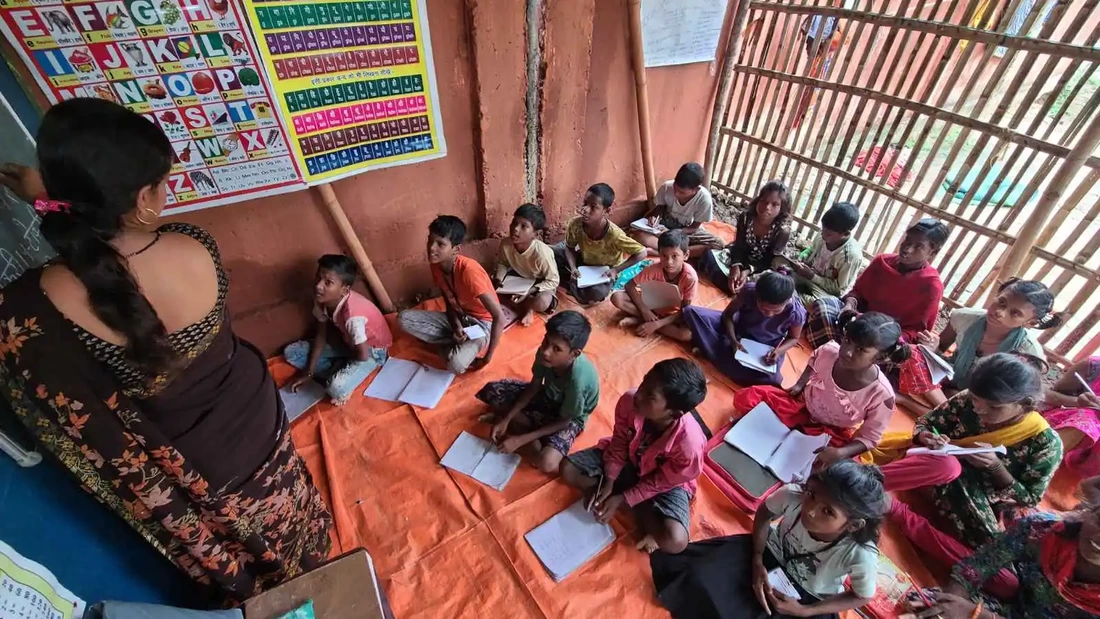
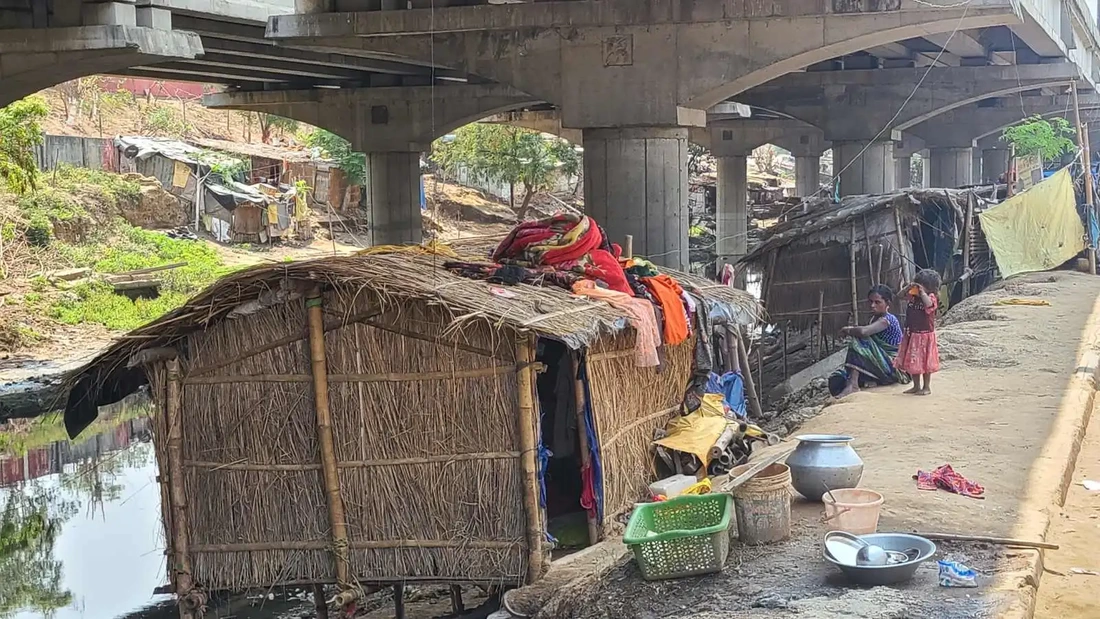
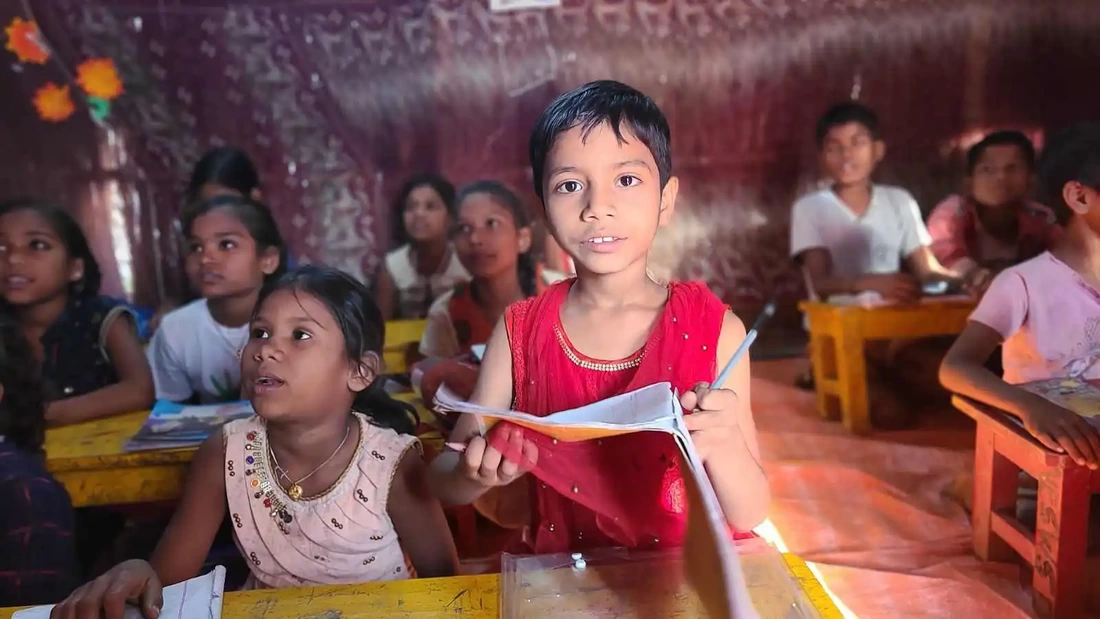
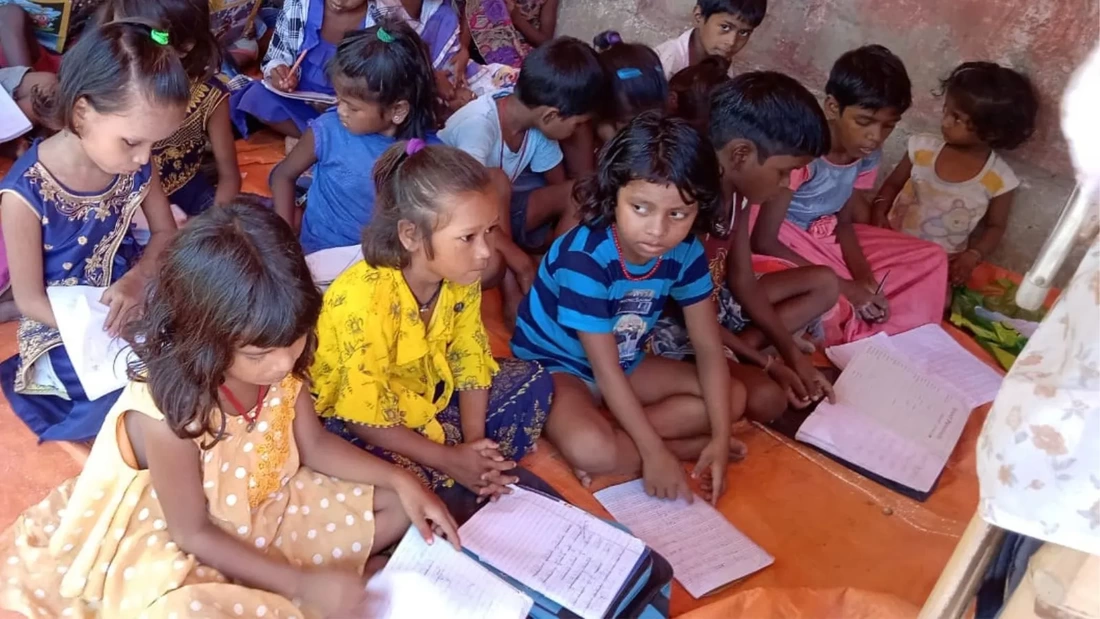
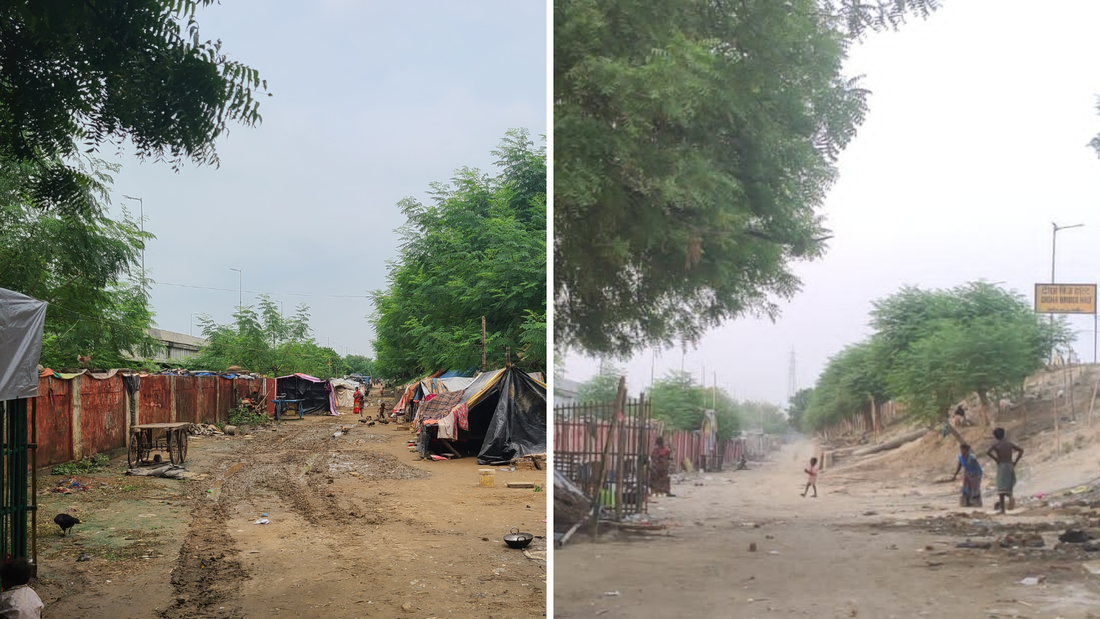
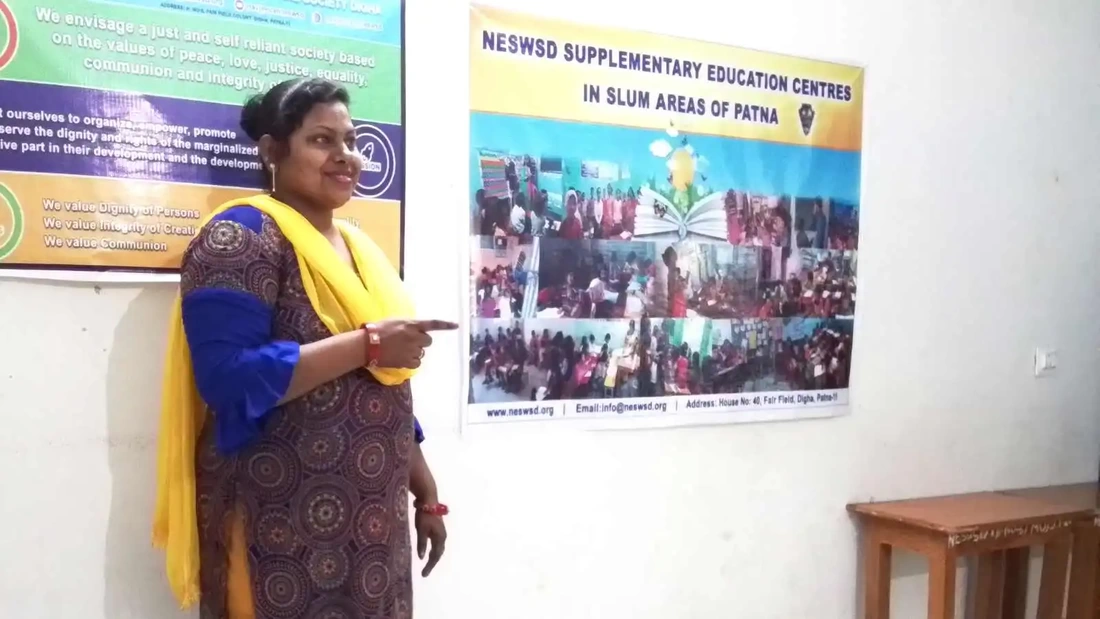
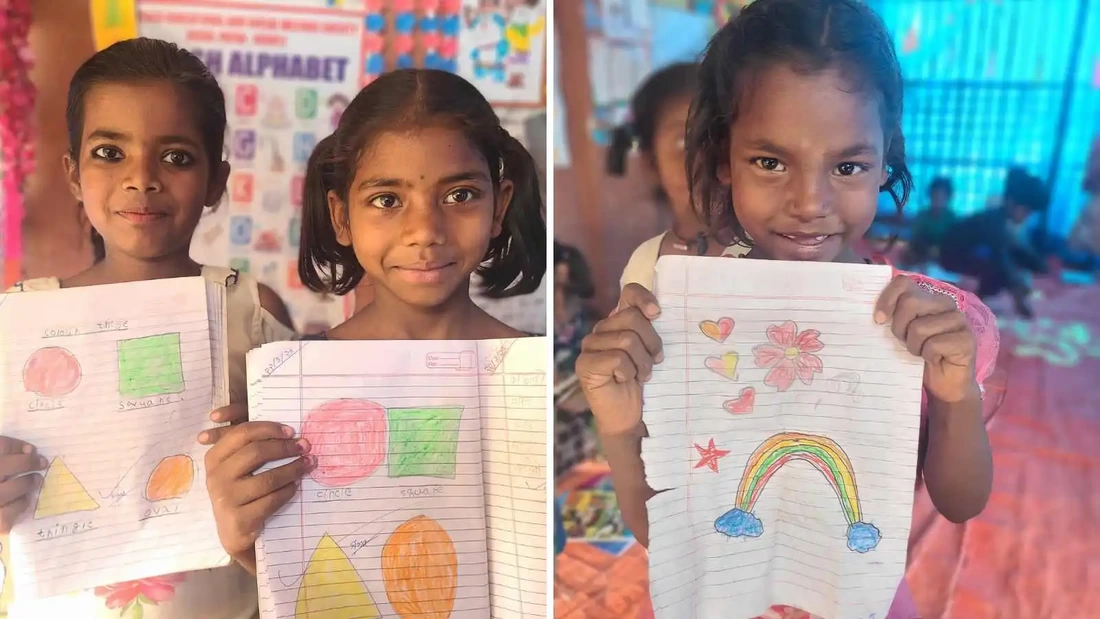
 Give monthly
Give monthly Fundraise for us
Fundraise for us RSS Feed
RSS Feed
